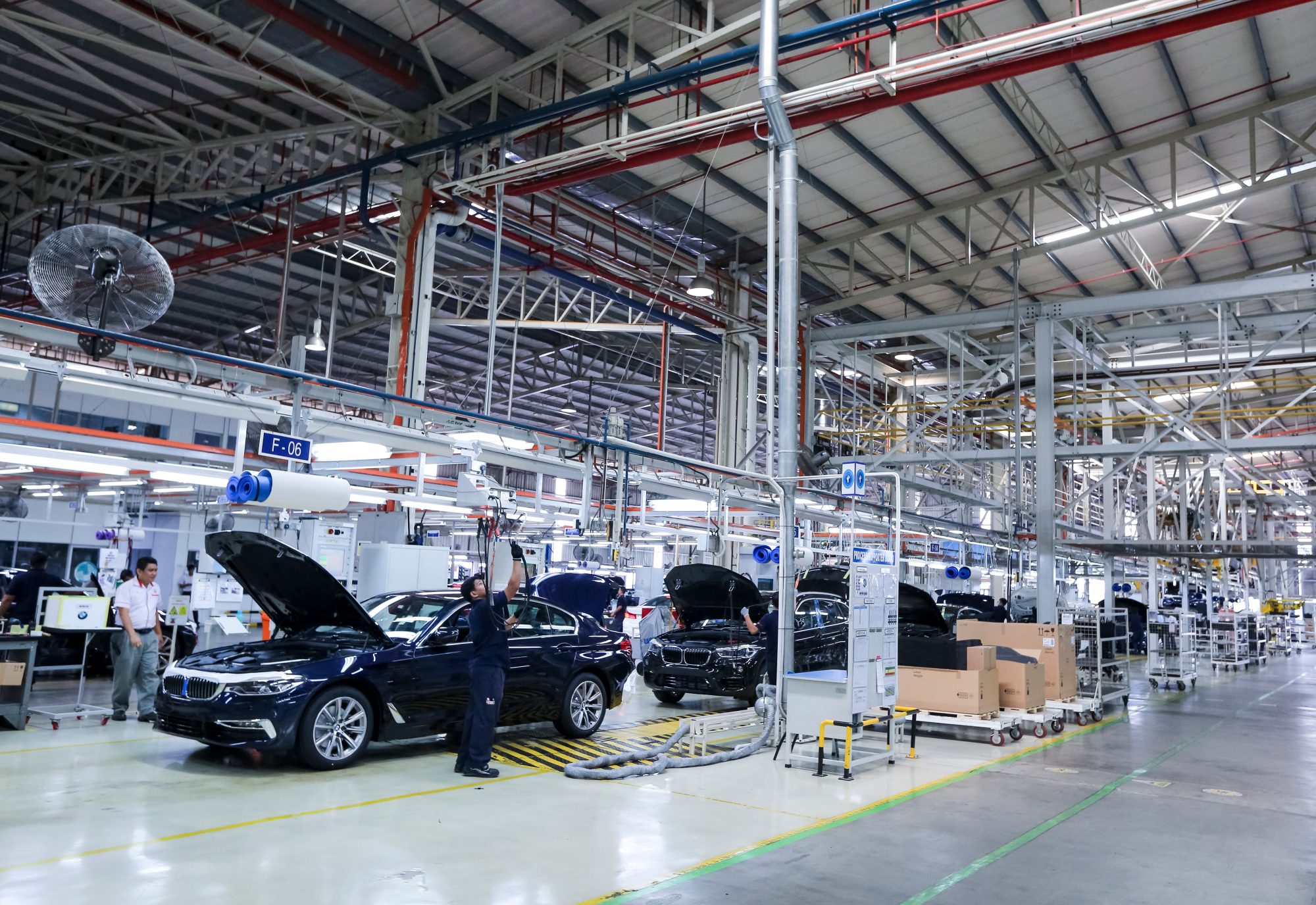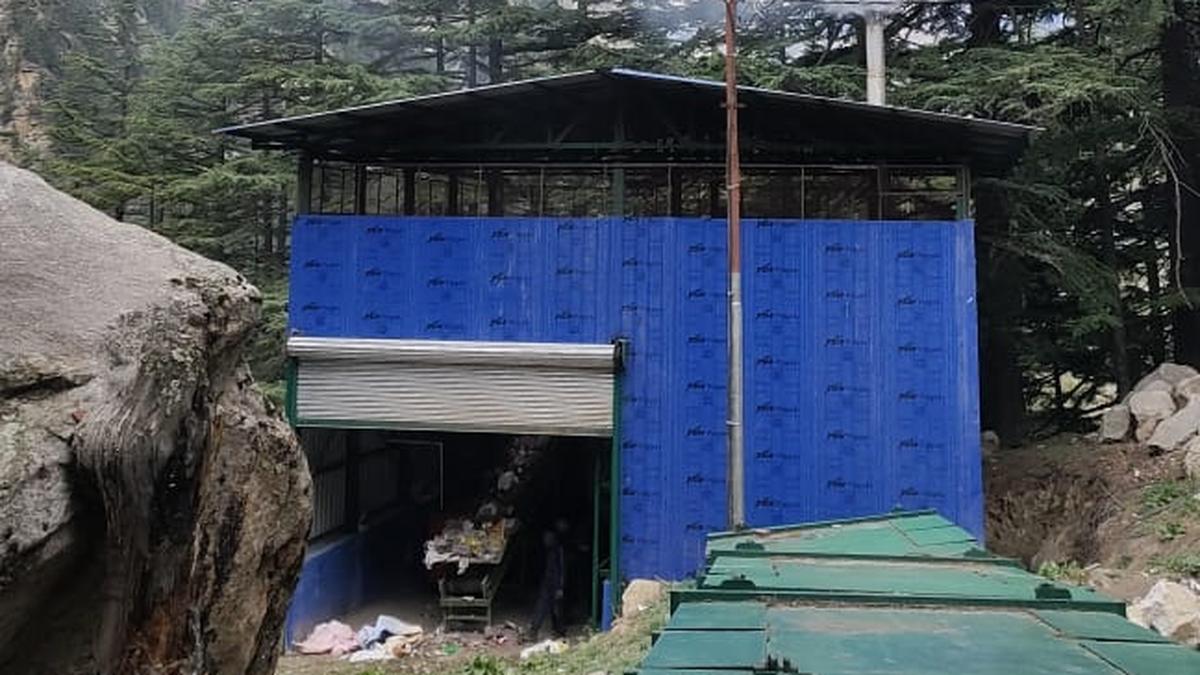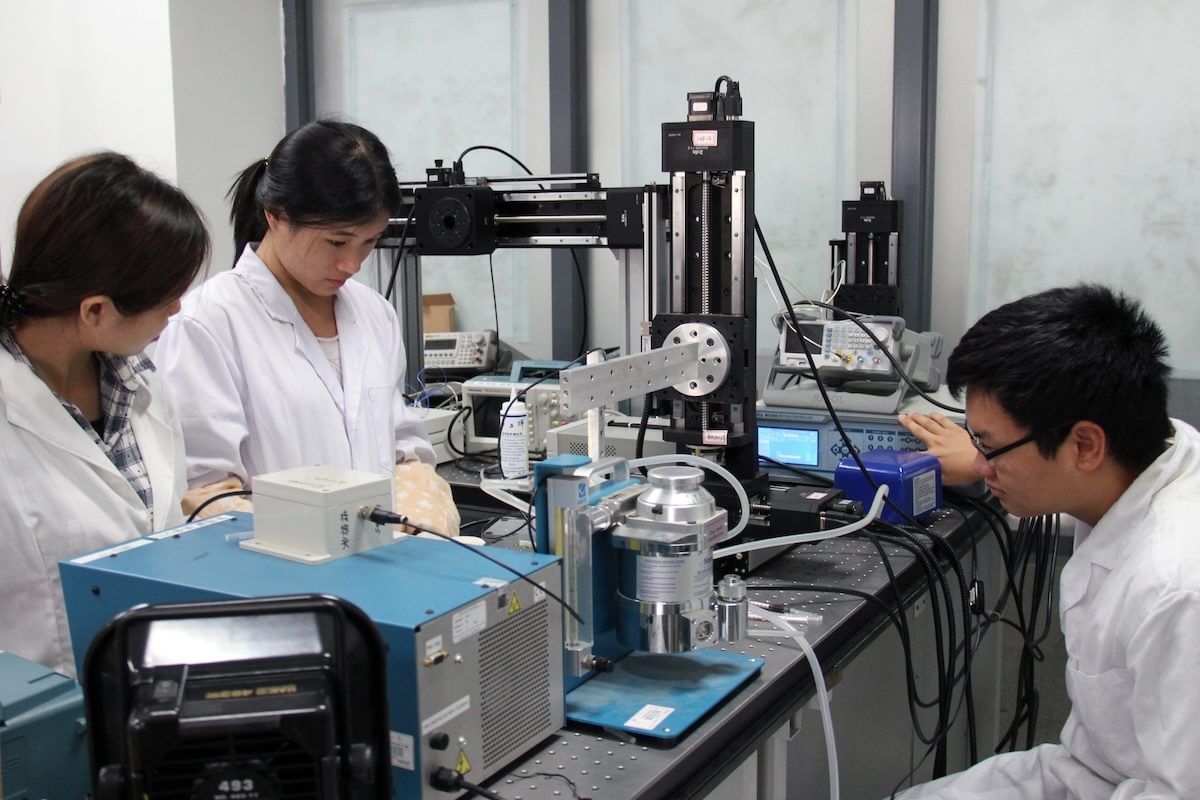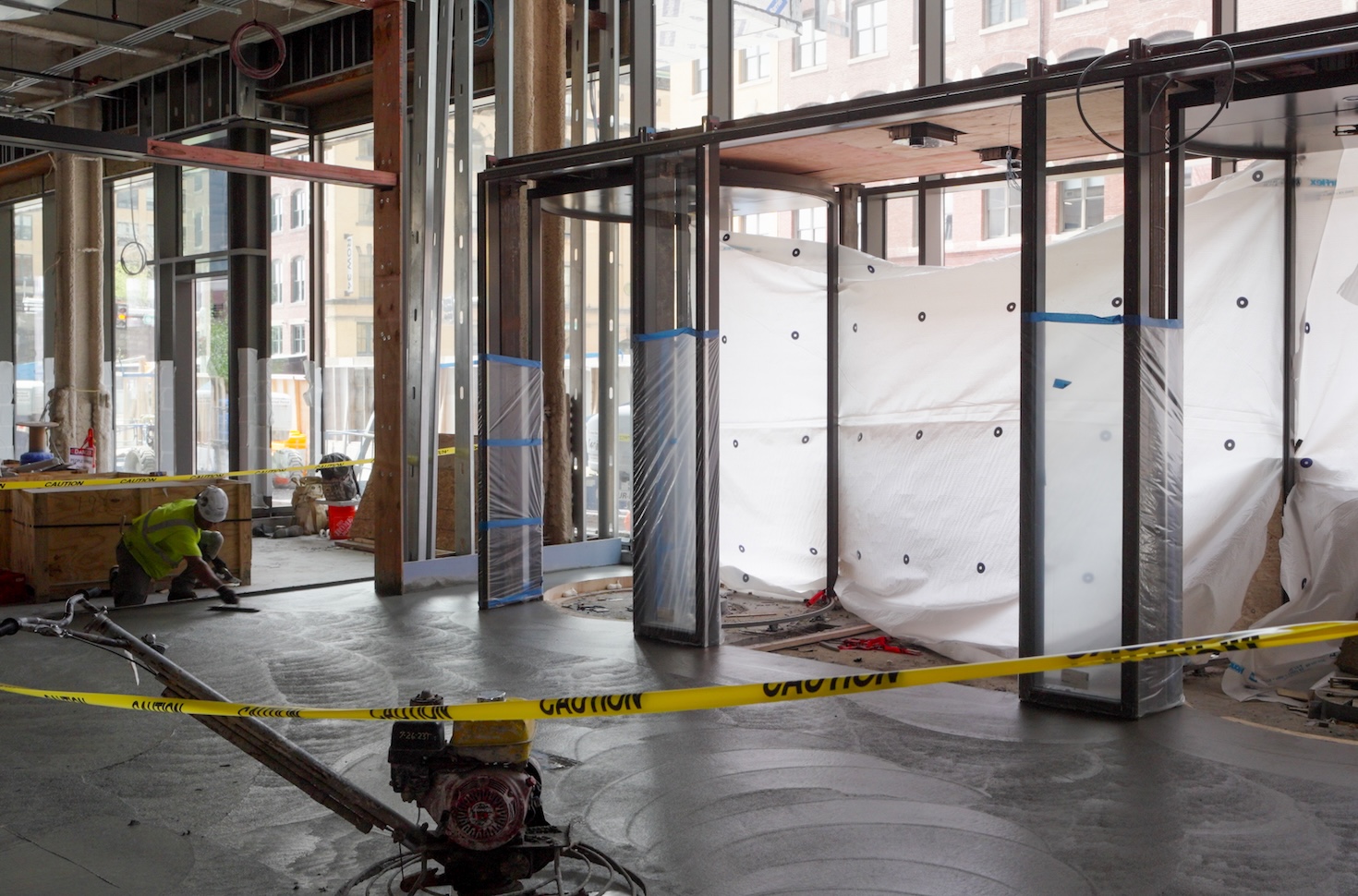4 things companies can tell the Senate to save America’s clean energy and advanced manufacturing boom
Altering the budget reconciliation bill could boost domestic manufacturing growth. The post 4 things companies can tell the Senate to save America’s clean energy and advanced manufacturing boom appeared first on Trellis.

The opinions expressed here by Trellis expert contributors are their own, not those of Trellis.
It’s crunch time for federal clean energy policy — and the consequences for the American economy are enormous.
Last month, the U.S. House of Representatives passed a budget reconciliation bill that would all but eliminate the federal clean energy tax credits that were extended and expanded by Congress in 2022. That legislation — and the long-term certainty it provided the private sector — powered an investment boom to the tune of hundreds of billions of dollars, as businesses quickly got to work building factories to produce clean technologies in the U.S. and new energy infrastructure to affordably and quickly meet the nation’s rising electricity demand.
The goals of domestic manufacturing growth, affordable power and U.S. competitiveness are regularly touted by the Trump administration, yet the legislation passed by the House would undermine all three. By cutting off or overcomplicating most incentives, the bill would increase electricity rates by 10 percent or more, exacerbating inflation by making power more scarce at a time when we need more of it to support AI and other new technologies. It would kneecap U.S. growth and innovation in growing global industries such as electric vehicles, batteries and clean power infrastructure. And it would scrap major industrial projects at risk of hundreds of thousands of jobs.
As Michael Tubman, the federal policy director at the electric vehicle manufacturer Lucid, said at a recent media briefing: “Anyone who has visited our [Arizona] factory can see the evidence plainly in front of them of the jobs — the high quality, high paying jobs that these incentives are supporting.”
Dozens of companies head to Capitol Hill
With the Senate working on its version of the legislation, companies still have time to make an impact. More than 30 companies are headed to Capitol Hill this week for a series of meetings with Senate Republicans, where they will emphasize the tax credits’ vast economic benefits.
But companies don’t need to be in D.C. to take action. For sustainability professionals, the tax credits are crucial to meeting company goals, so now is the time for them to work with government affairs and executive teams to get in touch with the senators in states where they operate to make the case that gutting these incentives would be a self-inflicted wound to U.S. economic, energy and geopolitical interests. To prevent that outcome, businesses should press the Senate to fix four major flaws in the House bill:
Tie eligibility to project construction, not completion
The House bill changes the current rules so that projects must be fully completed and operational — rather than merely under construction — to qualify for the credits. But between permitting issues, supply chain disruptions, litigation and other unpredictable factors, the timing of a project is often well beyond a company’s control. The proposed change would therefore create uncertainty about whether even projects that are ready to break ground will qualify for tax credits, especially because the House legislation imposes a shorter timeline before the credits expire.
The likely result: stalled investment, meaning less new energy and higher electricity prices. The Senate should stick with the existing “commence construction” requirement and set a more realistic expiration timeline than the House.
Make foreign sourcing rules realistic, strategic and precise
The House bill includes overly burdensome restrictions on the use of foreign components for projects claiming tax credits. A major goal of these tax credits is to support U.S. manufacturing and supply chains to reduce reliance on foreign adversaries for critical materials and infrastructure. But the proposed changes are so severe that they’re essentially unworkable. A $50 part, unknowingly sourced through a third-party supplier, could upend a billion-dollar project.
That is a huge amount of risk for any company to take on. To comply, companies would need to immediately hire teams to closely inspect every link on their supply chains instead of hiring American workers to build and install cost-saving technologies. More likely, investment would just freeze up amid all the regulatory uncertainty as they await the final regulations for fear of noncompliance.
The Senate can take a more clear, practical and simplified approach that applies to the taxpayer entity, company, or project, so that businesses can confidently and quickly invest in high-value domestic manufacturing, supply chains and energy production without ambiguity and red tape.
Allow tax credits to remain fully transferable
Clean energy tax credits are currently fully transferable — meaning developers that don’t have tax liability can sell them to businesses that do. It’s a win-win for buyers and sellers, creating an efficient and competitive market that ensures the incentives are put to work in the economy.
The House bill would end that system, limiting transfers to a handful of large financial institutions that directly invest in the projects. This would weaken the financial viability of the projects, but it would also deprive companies across the economy of an opportunity to participate in project financing through tax credit transfers. The Senate should preserve transferability to keep the market functioning at its best.
Keep consumer credits to drive American industry
The House’s plan would also hurt consumers’ ability to afford modern and efficient technologies such as electric vehicles, rooftop solar panels and heat pumps by ending tax credits as soon as this year. While that would most immediately harm consumers and the companies selling those products, the consequences wouldn’t end there.
Reduced consumer demand would ripple across the economy, slowing investment in key 21st-century capabilities such as advanced manufacturing, battery production and critical mineral supplies, as well as more foundational sectors such as steel, glass and aluminum. The Senate can recognize that consumer demand is another form of policy certainty that drives investment across the economy and that keeping these credits in place will help maintain our global economic leadership.
The outcome in Congress will have major consequences for businesses across the economy — not just those making or buying clean technologies but all who depend on affordable power, strong domestic supply chains and U.S. global leadership. With those strengths at risk, their voices have never been more important on Capitol Hill.
The post 4 things companies can tell the Senate to save America’s clean energy and advanced manufacturing boom appeared first on Trellis.




























































































































































